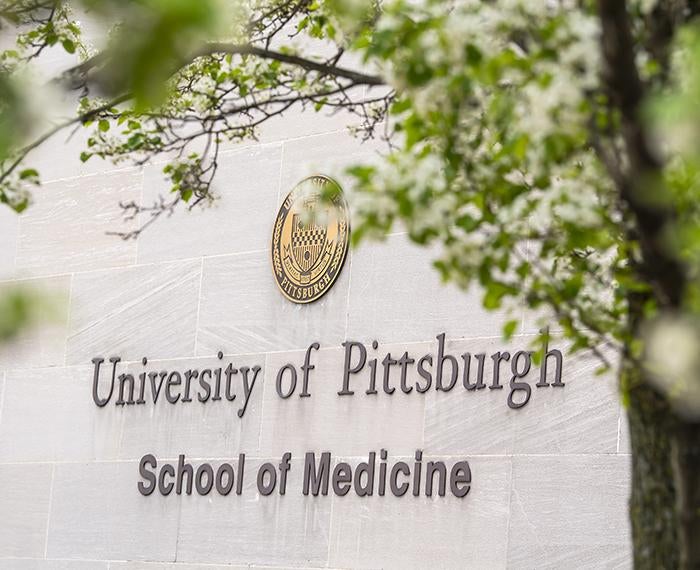
Subscribe to Pittwire Today
Get the most interesting and important stories from the University of Pittsburgh.Pitt received an NIH grant to study harm reduction techniques

The University of Pittsburgh earned a National Institutes of Health (NIH) grant to study approaches to harm reduction, an addiction treatment that focuses on reducing the risks of drug use. Pitt is one of nine organizations in a national network of institutions researching the technique.
“This research is exciting because it represents a paradigm shift,” said Deanna Wilson, assistant professor in the School of Medicine and lead researcher. “The research community is recognizing that the work we’ve done focused solely on studying treatment alone isn’t enough to reduce deaths from opioid use.”
Unlike most addiction treatment methods, the goal of harm reduction is not necessarily for a patient to stop using drugs. Instead, patients learn risk reducing techniques like safe syringe use, how to recognize an overdose or how to use fentanyl testing strips.
Wilson and her team will center research around the THRIVE model, which stands for teaching harm reduction in vulnerable environments. This research is planned to continue for five years, and results will be compiled into the national network’s findings.

